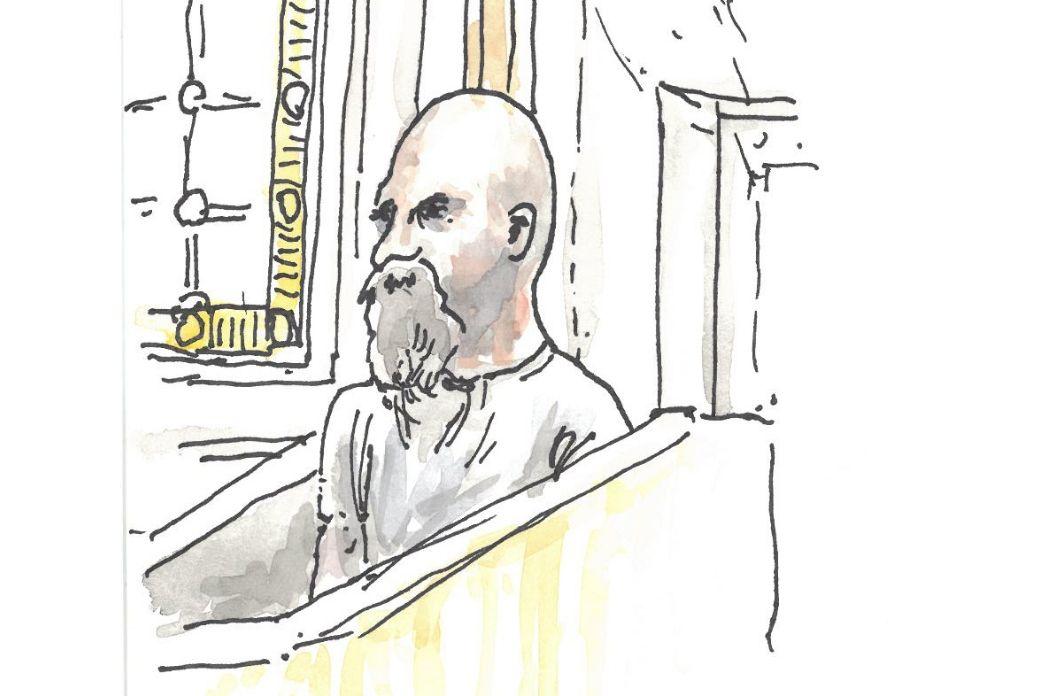A man has admitted in court that he killed four women in Winnipeg, but his lawyers are asking he be found not criminally responsible because of mental illness.
Court of King’s Bench Chief Justice Glenn Joyal said on May 6 the question of Jeremy Skibicki’s mental capacity and intent will now be the focus of the trial.





